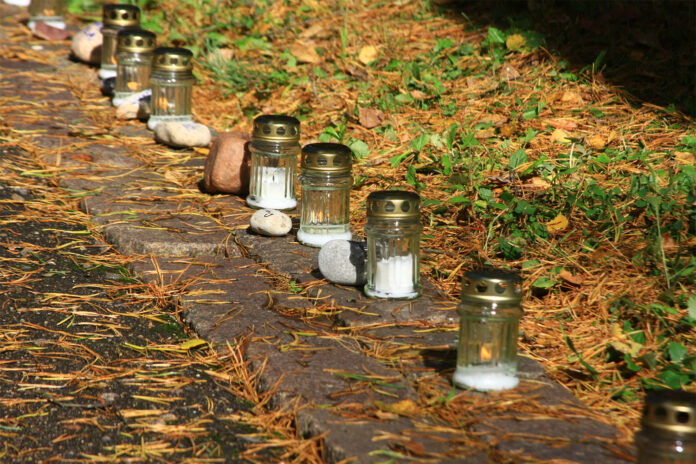As I walk down the street, I see a bunch of young men. They are all around me, in restaurants, in the grocery store. I see them on TV, and in movies. They are everywhere. They are everywhere… except in school.
This is not a subject that people like to talk about, but it is something that needs to be discussed. The problem is not only in schools – it is everywhere. How can we encourage our young boys to be good boys? We can start by encouraging them to wear a condom.
As we all know, mass shootings are becoming all too common in America. The latest incident was at an elementary school in New Orleans, Louisiana, and now the country is mourning the loss of yet more children.
In the wake of these incidents, many have expressed incredulity that a man with a history of mental illness could walk into an elementary school and start shooting people. And while that’s a valid criticism, it’s not the only one.
There’s a second just as valid, and that’s that we need to stop blaming victims when their killers are men known to have abused them. We must not abuse our boys. We ought to be doing more to prevent these tragedies from happening in the first place.
When a school shooting occurs, it is always difficult and devastating. But when I reflect on our recent school shooting, which took place in Florida, I see even more disturbing patterns.
At his court appearance where he pleaded guilty to the deaths of Teo Palmieri and his father Coleman Palmieri, Talen Barton was accompanied by his attorney Linda Thompson. — Christopher Pugh The Daily Journal of Ukiah
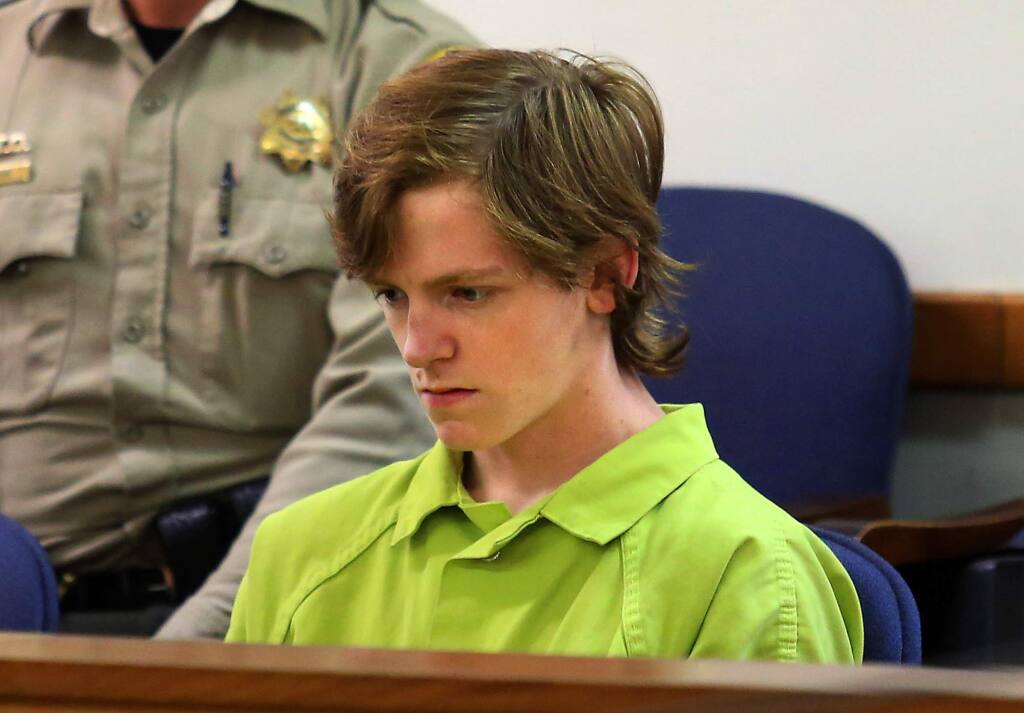
Mass murders are becoming more frequent in our culture. We all cope with trauma in our own unique ways. Writing is beneficial to me. In 2012, I published a piece for the Huffington Post on Adam Lanza, a 20-year-old gunman who murdered 26 people at a Connecticut elementary school. Young men’s violence seems to be increasing and growing closer. It visited my hometown lately.
I was taken aback when I learned that Talen Barton had murdered his closest friend Teo Palmieri and Teo’s father Coleman Palmieri. I was shocked to hear that he had almost murdered Coleman’s wife, Cindy, and her brother, Theodore, during the rampage.
Cindy, a medical practitioner at Long Valley Health Center in Laytonville, was one of my coworkers, and I recall meeting her and Coleman when they first came to the region. I knew they had taken Talen in and treated him like one of the family members a number of years ago. I wanted to know how this catastrophe had occurred after grieving the loss of life.
On October 6, 2015, the Ukiah Daily Journal published a headline that described the outcome:
In the Laytonville stabbings, Barton was sentenced to 71 years in prison and will most certainly be transferred to San Quentin.
Working in law enforcement, men and women encounter far too many murderers like Talen Barton.
One investigator described Barton as a “absolute monster,” saying he was dealing with “pure wickedness.”
Prosecuting on behalf of the people, Mendocino County District Attorney David Eyster described how we now punish killers:
“He’ll travel to a storehouse where the forgotten are kept.”
We must be willing to delve farther.
If we want to stop future murders, we need to learn more about how Talen Barton became a murderer. Talen Barton is a 19-year-old young man. The majority of mass killers are young guys who used to be sweet little boys. I’ve worked as a therapist for almost 40 years. I’ve worked in both mental health facilities and jails and prisons. In jail, I’ve seen a lot of young guys who seem to be cold, callous murderers, pure evil. But as I’ve learnt to dig deeper, I’ve discovered the following:
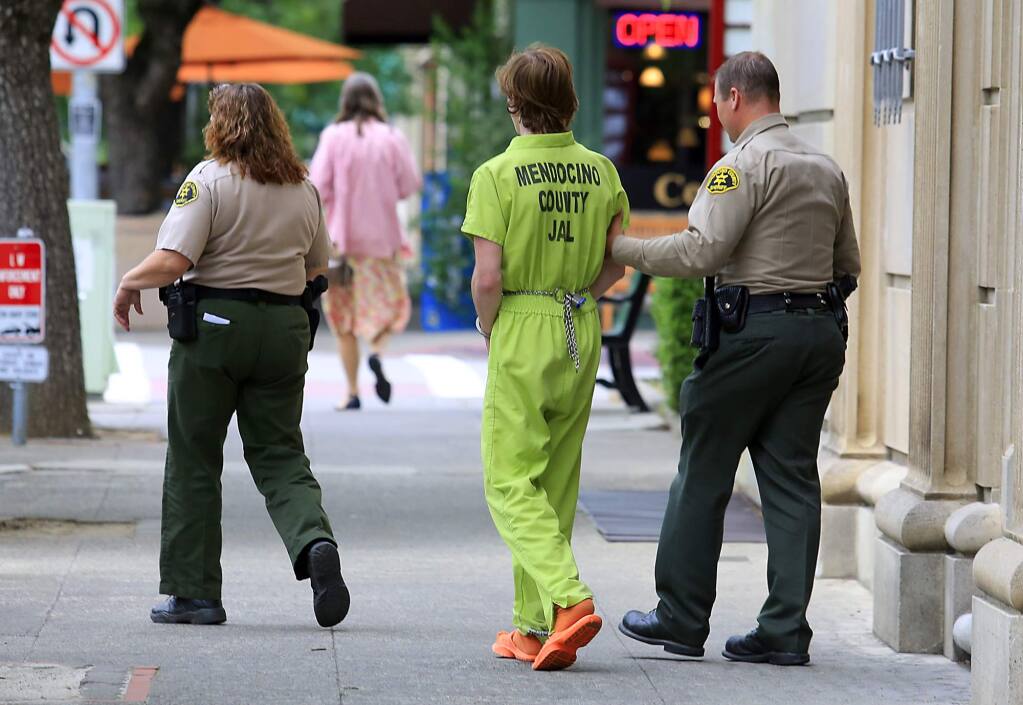
Every mass murderer was once a kid who had been mistreated, neglected, or abandoned.
Talen Barton: What Happened to Him?
Talen was born on May 17, 1996, at 12:04 a.m. in Phoenix, Arizona. His mother, who was unmarried and addicted to methamphetamine, was 18 years old. She has a history of drug addiction, including heroin and cocaine. She gave birth to Talen’s elder brother, Royal, at the age of 16, and named him after his father. He departed soon after Talen’s birth, and the two boys were reared by their drug-addicted mother and a slew of violent partners in their early years.
Talen and his brother moved lived with a couple in Palo Cedro, Shasta County, when they were 8 years old. A previous legal guardian of Talen Barton, according to a report by KRCR TV, said of Talen, “He had a heart of gold, I mean he couldn’t do enough.” He liked to make others happy. He will go to any length to satisfy someone.” Even at the age of eight, it was obvious that the preceding seven years had been a nightmare.
With the KRCR reporter, Talen’s former guardian resumed his recollection. “He claimed he heard Talen tell tales of him and his brother spending nights confined in a closet, duct taped at their wrists and feet. The boys said in another tale that they would line up against a wall as their mother’s lover threw knives at them.” Talen had also been sexually assaulted, according to allegations.
Consider how you would feel if you were abused for the first seven years of your life. I can only image the helplessness and anger of a 7-year-old kid who is terrified by a guy who ties him from head to toe and locks him in a dark closet repeatedly. I can’t fathom the humiliation and agony of a seven-year-old kid who has been sexually assaulted at such a young age. I can only imagine the horror of being lined up against a wall as a guy throws knives at you, and how it may have influenced his decision to murder his foster father and brother with a knife twelve years later.
In His Own Words: Talen Barton
I’ve seen a lot of young guys in jail. They are usually frightened, yet maintain a cold, indifferent demeanor to hide their emotions. We only get a peek of what’s truly going on inside when they trust enough to open up. “It was pretty messed up what I did,” Talen stated when questioned by a probation officer in prison. I deserve to spend the rest of my life in prison.”
Talen expressed his knowledge of why he did what he did in a letter to a buddy sent from prison.
“When you say you don’t think I committed my actions in a sane state of mind, you have a lot of confidence in me. I’m sorry, but I did. As terrible as this scenario is, it is one that was entirely created by me, notwithstanding my rationale. What was I hoping to achieve?
Simply put, hate. A lot of it was due to a simmering resentment of Teo sparked by minor squabbles. More than that, it sprang from a profound sense of self-loathing brought on by years of errors and falsehoods, most of which were committed by myself but also by others.”
It’s not hard to believe that the cause of his fury wasn’t “strife and petty squabbles” with Teo and his family, but a boiling pot of repressed rage at the men who tortured him, his mother’s failure to protect him, and possibly his brother who shared his humiliation. Talen was sad at the time he assaulted the Palmieris, a depression caused on by anger fueled by his childhood experiences of abuse, neglect, and abandonment.
What Can We Do to Prevent Violence in the Future?
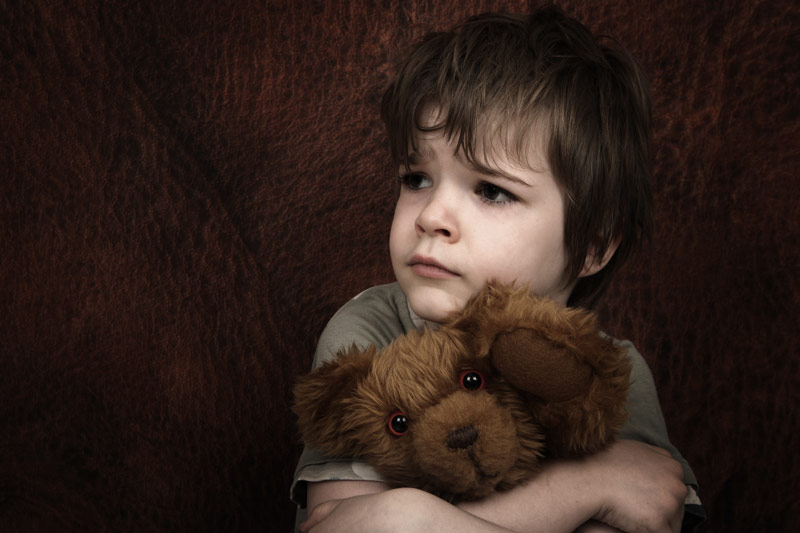
Here are some of the lessons I’ve learned as a result of these terrible events:
- We’ll never fully grasp what transforms someone into a murderer if we just look at the most recent act of violence.
When we read the news, it’s tempting to assume that the perpetrators of such horrific acts of violence must be “pure evil,” a “monster,” someone who should be punished, warehoused, and forgotten. However, that impression is based on what we perceive on the surface, which is the last straw. We must summon the guts to examine more closely.
- There are other methods to safeguard society than incarcerating Talen for 71 years in San Quentin.
We have developed a phobia of young men as a culture. When they commit crimes, we get enraged and wish to punish them harshly. We want to keep them hidden. If we believe that storing and ignoring this young guy would make us feel safer in our homes, we are delusory. As a kid, Talen (and all furious young men) need love, sympathy, and protection. Now, more than ever, he needs our love and support.
- We must comprehend violence as a kind of retaliation for violence.
I definitely do not approve of Talen’s actions. Cindy and her family were viciously assaulted by this 19-year-old murderer, and I still have nightmares about it. However, when I look at the whole picture, I see a 7-year-old Talen growing up in a home where he was beaten, neglected, and abandoned, where he was tied and kept in closets, and where knives were hurled at him. We can’t comprehend his most recent act of violence without first comprehending the brutality he was subjected to as a kid.
- It’s past time to put a stop to the cycle of violence and abuse.

One of the things that inspired me to write this was how little most people, especially males, know about child abuse, neglect, and abandonment. We want to be strong on crime, which generally means harsh on young men, but we neglect to address the underlying causes of violence in violent homes.
We understand an abused woman’s reaction when she “snaps” and murders the guy who has mistreated her and give sympathy and support. Young guys who become aggressive as a result of years of maltreatment need the same sympathy and assistance.
- A new strategy to preventing violence is required.
Better mental health care, according to some, might have averted these murders. While better-funded mental health services are critical, we also need a new perspective on violence and mental health care. Talen wasn’t mentally sick in the traditional sense of the term. He was deafeningly deafeningly deafeningly de He wasn’t hallucinating. He didn’t behave in a “crazy” manner.
He was an abused kid whose first seven years were very painful, to the point that even a lot of love and care later in life couldn’t undo the harm.
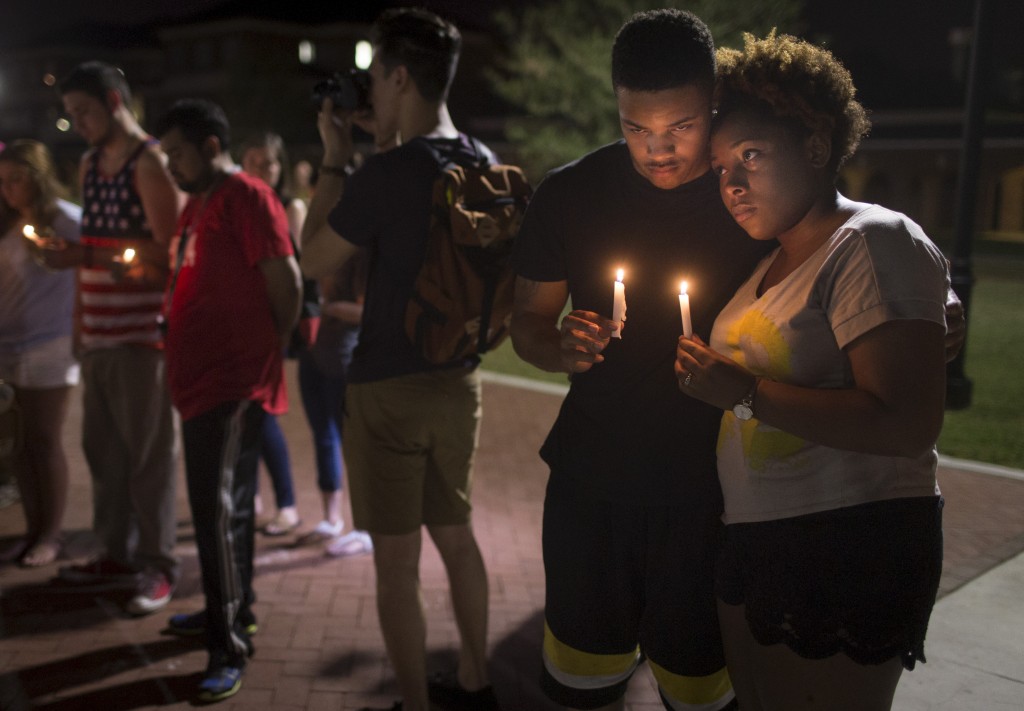
We need a new type of trauma-informed prevention and therapy that focuses on understanding these early childhood events and how they affect our lives now and in the future. Childhood Disrupted: How Your Biography Becomes Your Biology and How You Can Heal, by Donna Jackson Nakazawa, is a must-read for anybody interested in the newest research on the effects of early trauma on later health and well-being. Being conscious of how our bad childhood experiences may affect our adult life can teach and benefit us all.
The painful truth is that there is no quick, easy fix to prevent mass shootings, be they by lone-wolf attackers or organized mass killers like the Beltway Sniper or the Tea Partiers. However, there are proven steps that we can take to try and prevent a tragedy like the one that recently occurred in Paris from happening in the United States.. Read more about how to stop mass shootings and let us know what you think.

